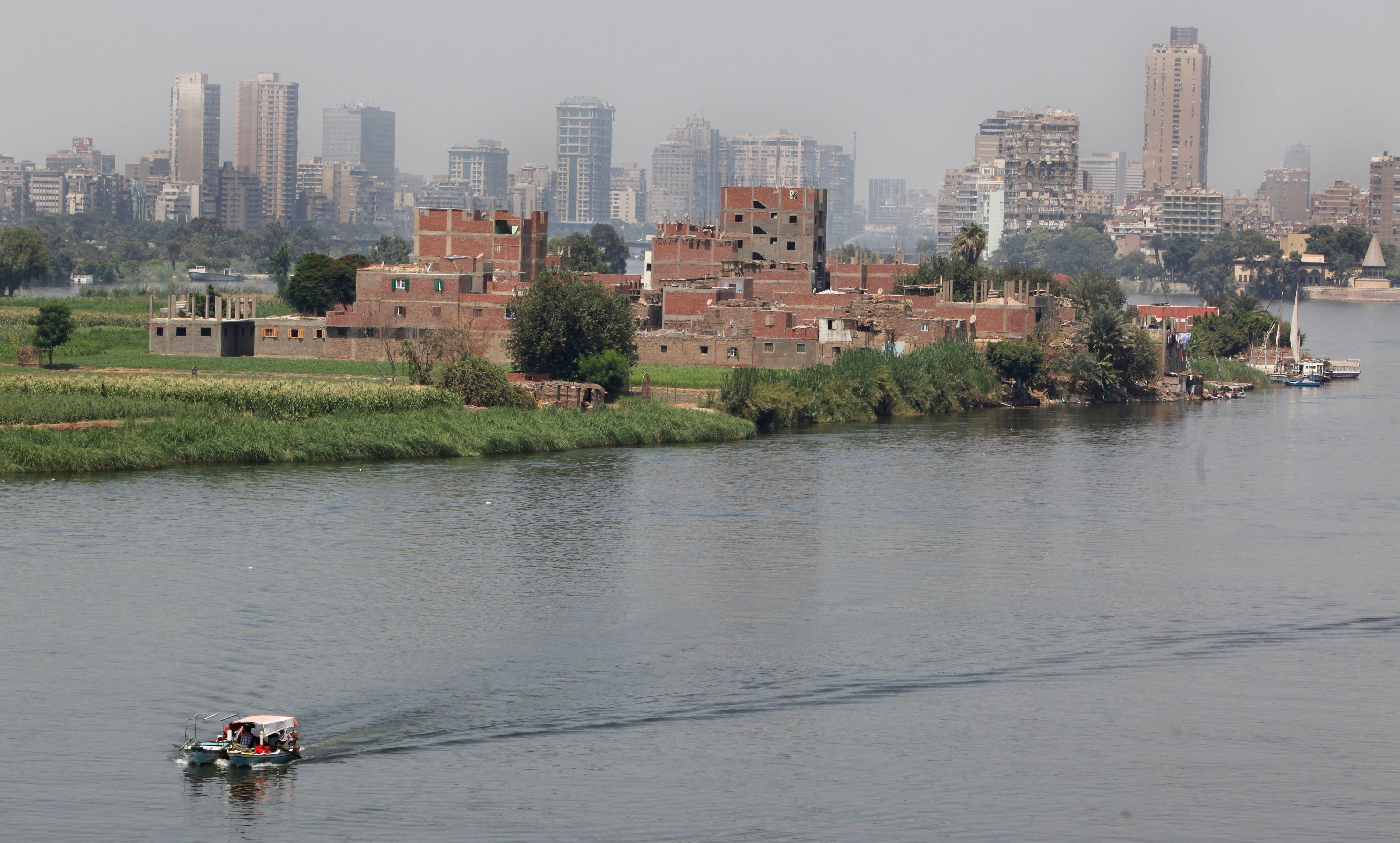Ten countries agree Nile water-sharing deal despite Egypt opposition
The lack of ratification by Egypt and Sudan means the accord will prove controversial

Your support helps us to tell the story
From reproductive rights to climate change to Big Tech, The Independent is on the ground when the story is developing. Whether it's investigating the financials of Elon Musk's pro-Trump PAC or producing our latest documentary, 'The A Word', which shines a light on the American women fighting for reproductive rights, we know how important it is to parse out the facts from the messaging.
At such a critical moment in US history, we need reporters on the ground. Your donation allows us to keep sending journalists to speak to both sides of the story.
The Independent is trusted by Americans across the entire political spectrum. And unlike many other quality news outlets, we choose not to lock Americans out of our reporting and analysis with paywalls. We believe quality journalism should be available to everyone, paid for by those who can afford it.
Your support makes all the difference.A regional partnership of 10 countries says an agreement on the equitable use of water resources from the Nile River basin has come into force despite the notable opposition of Egypt.
The legal status of the “cooperative framework” was formally confirmed by the African Union after South Sudan joined the treaty, the Nile Basin Initiative said in a statement Sunday.
Ethiopia, Uganda, Rwanda, Burundi and Tanzania have ratified the accord. Egypt and Sudan declined to sign, while Congo abstained. Kenya has not yet deposited its ratification documents with the African Union.
The accord, which came into force on Sunday, "is a testament to our collective determination to harness the Nile River for the benefit of all, ensuring its equitable and sustainable use for generations to come,” the Nile Basin Initiative said in its statement. “This is a moment to congratulate the governments and people of the Nile riparian countries, and all partners and stakeholders, for their patience, resolve, and dedication to this cause.”
The lack of ratification by Egypt and Sudan — desert nations that have raised concern over any attempts to diminish their shares of Nile water — means the accord will prove controversial.
Tensions in the region have increased, stemming in part from Ethiopia’s construction of a $4 billion dam on the Blue Nile, a key tributary of the Nile River. Egypt fears the dam will have a devastating effect on water and irrigation supplies downstream unless Ethiopia takes its needs into account. Ethiopia plans to use the dam to generate badly needed electricity.

The accord's rights clause states that Nile basin states “shall in their respective territories utilize the water resources of the Nile River system in an equitable and reasonable manner.”
Measuring 6,695 kilometers (4160 miles), the Nile is the longest river in the world, with one tributary, the White Nile, starting in South Sudan and the other, the Blue Nile, in Ethiopia.
Amid the dispute with Ethiopia, Egypt has recently appeared to strengthen its position in the Horn of Africa by pledging security cooperation with Somalia, which opposes Ethiopia's efforts to seek access to the sea via the Somali breakaway territory of Somaliland. Under the terms of an agreement reached last week, Egypt could deploy peacekeeping troops to Somalia when the mandate of African Union peacekeepers expires at the end of 2024.
It was not immediately possible to get a comment from Egypt on the Nile accord now in force. The country, a founding member of the Nile Basin Initiative, has long asserted its rights to Nile water according to the terms of a colonial-era agreement.
The agreement between Egypt and the United Kingdom gave downstream Egypt and Sudan rights to the Nile water, with Egypt taking 55.5 billion cubic meters and Sudan 18.5 billion cubic meters of the total of 84 billion cubic meters, with 10 billion lost to evaporation.
That agreement, first signed in 1929, took no account of the other nations along the river basin that have been agitating for a more equitable accord.